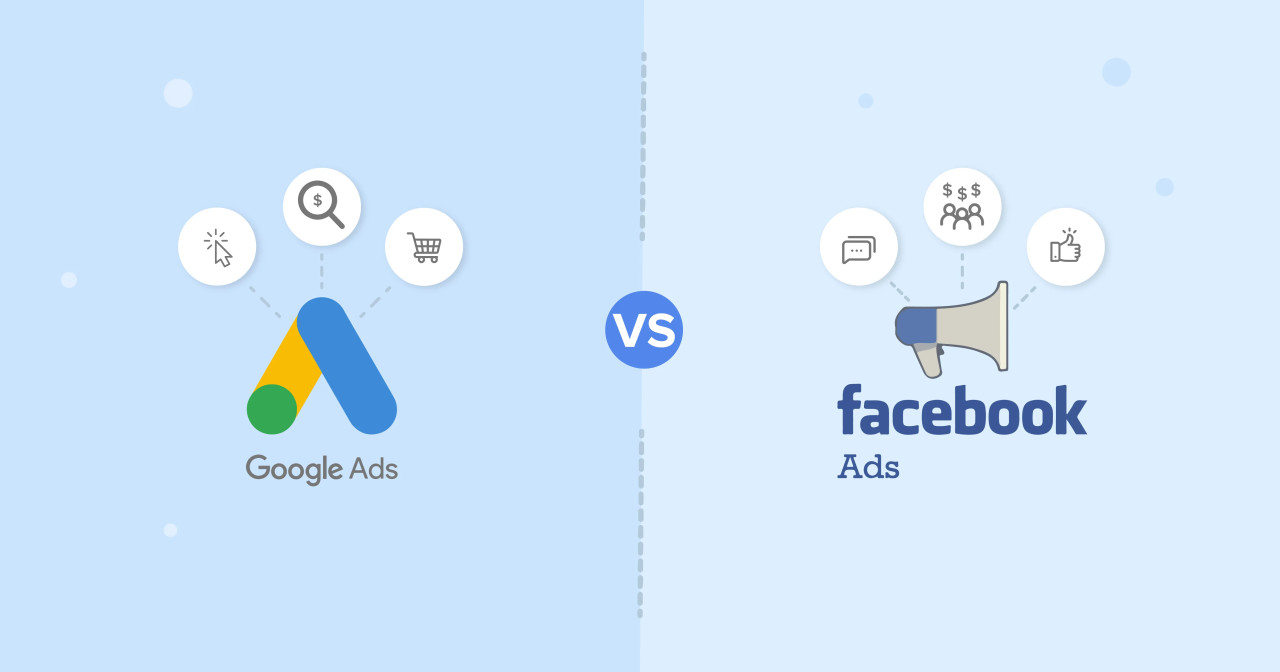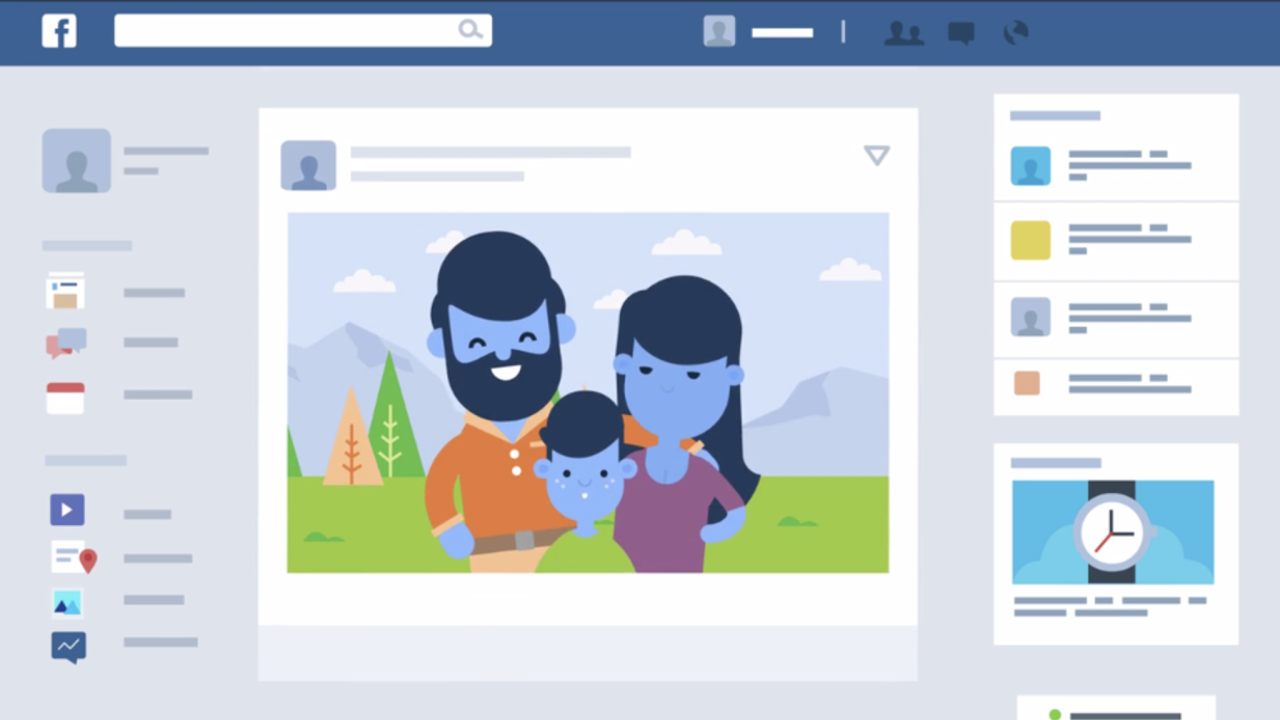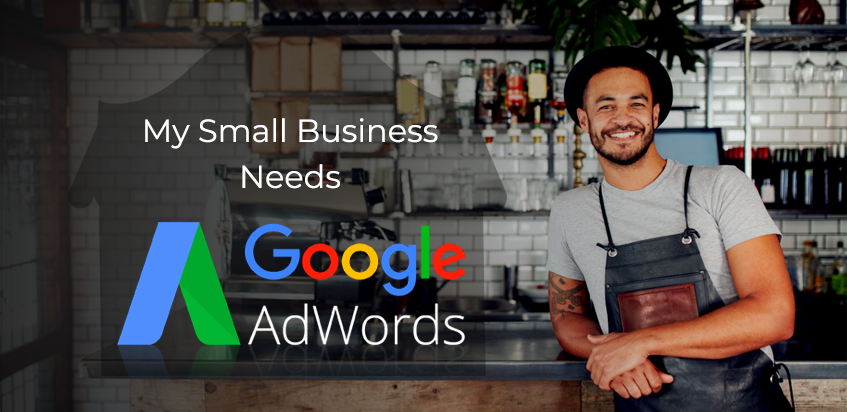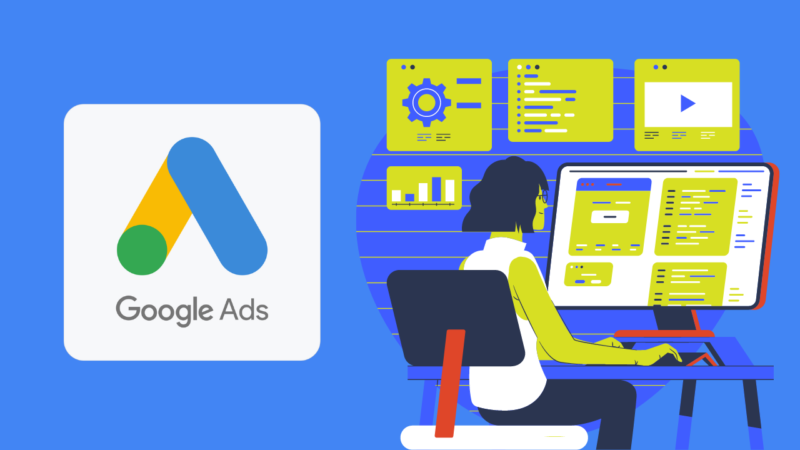Google ads for small business
Google Ads, formerly known as Google AdWords, is an online advertising platform developed by Google. It is one of the most popular and widely used online advertising systems in the world. Google Ads allows businesses and advertisers to create and run advertisements on Google's search engine and its advertising network, which includes various websites, apps, and platforms where Google serves ads.
Here's how Google Ads works:
- Keyword Targeting: Advertisers select specific keywords or phrases that are relevant to their products or services. When a user enters these keywords into Google's search engine, the advertiser's ad may appear in the search results.
- Ad Creation: Advertisers create text-based ads that include headlines, descriptions, and a website link. They can also include additional information like phone numbers or location extensions.
- Bidding: Advertisers set a budget for their advertising campaign and specify how much they are willing to pay for each click on their ad (Cost-Per-Click or CPC) or for a certain action (like a conversion). Google uses an auction system where the ads are ranked based on factors like bid amount, ad quality, and relevance to the user's search.
- Ad Placement: Google then displays the ads in various locations, including at the top of search results (above organic results) and on websites within its advertising network. Ads can also appear on YouTube and other Google-owned platforms.
- Ad Performance Tracking: Advertisers can track the performance of their ads in real-time. They can see how many clicks their ads receive, the cost per click, the click-through rate, and other important metrics. This data helps advertisers optimize their campaigns for better results.
Google Ads offers various ad formats, including text ads, display ads (image and video ads), shopping ads for e-commerce products, and more. It also provides targeting options, such as location targeting, demographics targeting, and device targeting, to help advertisers reach their desired audience.
The goal of Google Ads is to connect businesses with potential customers who are actively searching for products or services related to what the businesses offer. It is a pay-per-click advertising model, meaning advertisers only pay when someone clicks on their ad, making it a cost-effective way to reach a targeted audience online.
Google ads benefit for small business
Google Ads can offer several significant benefits to small businesses looking to promote their products or services online. Here are some of the key advantages:
- Targeted Advertising: Google Ads allows small businesses to target their ads to a highly specific audience. You can choose keywords related to your business, geographic locations, and even specific demographics to ensure your ads are seen by potential customers who are most likely to be interested in what you offer.
- Cost Control: Small businesses can set their own budget for Google Ads campaigns. You have control over how much you're willing to spend each day or per click, which helps you manage your advertising costs effectively.
- Measurable Results: Google Ads provides detailed performance metrics, such as click-through rates, conversion rates, and return on investment (ROI). This data allows you to assess the effectiveness of your campaigns and make data-driven decisions to optimize your advertising strategy.
- Quick Results: Unlike some other forms of marketing that take time to yield results, Google Ads can generate traffic and leads almost immediately after launching a campaign. This can be especially beneficial for small businesses looking to increase their online presence quickly.
- Competitive Advantage: Google Ads enables small businesses to compete with larger companies in their industry. Even if you have a limited marketing budget, you can still appear alongside established competitors in Google search results, gaining visibility and credibility.
- Local Advertising: If you have a brick-and-mortar store or serve a specific geographic area, Google Ads allows you to target local customers effectively. You can use location-based targeting to reach potential customers in your immediate vicinity.
- Adaptability: Google Ads offers flexibility in terms of ad types. You can create text ads, image ads, video ads, or shopping ads, depending on your business needs and objectives. This flexibility ensures that you can choose the ad format that resonates best with your target audience.
- Keyword Insights: By using Google Ads, small businesses can gain valuable insights into which keywords are most effective in driving traffic and conversions. This information can inform your overall SEO and content strategy as well.
- Enhanced Brand Visibility: Consistent visibility in Google search results through paid ads can help reinforce your brand's presence and recognition. Even if users don't click on your ad immediately, they may remember your brand for future reference.
- Remarketing Google Ads offers remarketing features that allow you to target users who have previously visited your website but didn't convert. This can be a highly effective way to re-engage potential customers and encourage them to complete a desired action, such as making a purchase.
While Google Ads can provide significant benefits to small businesses, it's important to approach it strategically. Developing a well-planned and optimized advertising campaign, selecting the right keywords, and continuously monitoring and adjusting your strategy are key to achieving the best results from your Google Ads investment.

Wordstream: Meta Ads vs. Google Ads: 6 Key Differences - Blog

The importance of Facebook (Meta) for small businesses - Blog

Does Google Ads Work For Small Businesses? by Eternity - Blog

How to Advertise small Business on Facebook for Beginners by Ecwid - Blog

Presentation website for small business: Everything you need to know - Blog
When you subscribe to the blog, we will send you an e-mail when there are new updates on the site so you wouldn't miss them.


